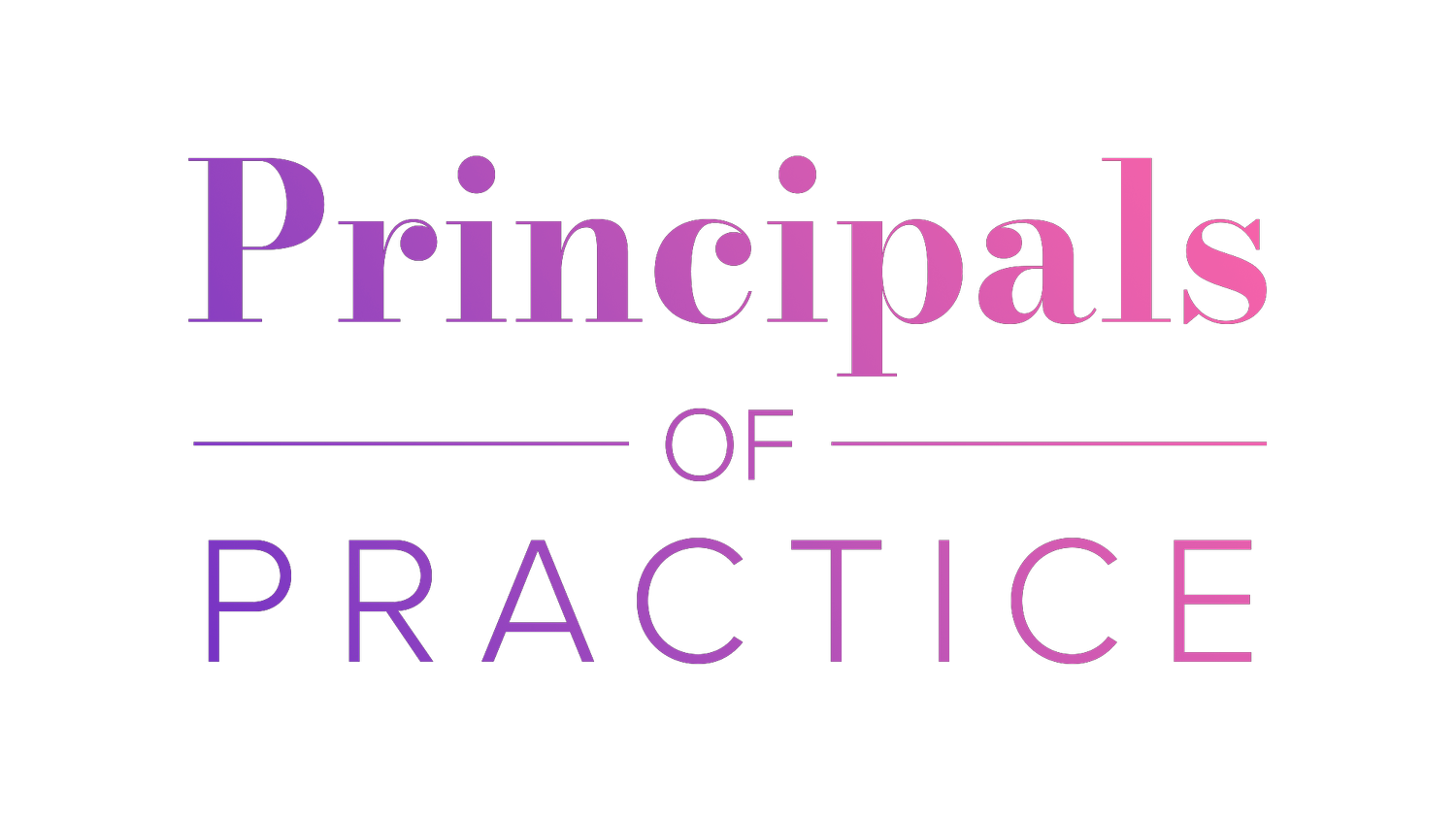Is Executive Coaching worth the investment?
Executive Coaching can be a substantial, and incredibly impactful, investment in your people, particularly your current and emerging leaders. Below are some research backed tips to help set you up for success.
Research points to 5 distinct factors that impact the efficiency of coaching. These are:
Coach-coachee relationship has been shown to be the most significant moderator of coaching outcomes. It’s therefore important that your people have a choice in selecting the coach they work with and that you work with coaches who form positive, trusting and open relationships with your leaders.
Coach behaviour and skills including a coach’s experience, coaching skills, listening and ability to challenge have been shown to be critical. This highlights the importance of selecting a coach who (i) has completed rigorous coach training (ii) has had their coaching observed and assessed by a mentor coach from an accredited coaching school (iii) attends regular coaching supervision and (iv) invests in their ongoing training and development.
While I’d argue it’s not necessary for a coach to have worked in or understand the coachee’s industry, research indicates that leaders value a Coach’s background and choose to work with coaches who understand and have knowledge of the environment they work in, and their position.
Coachee motivation is a critical ingredient for a successful coaching engagement. Have a look at my video are you ready for coaching? which helps prospective coachees assess their coaching readiness.
Coaching methodology has also been shown to impact success. This is where transformational coaching (as opposed to transactional coaching) comes to the fore. A coach who is capable of supporting your leaders to explore their identity (the “who”) in addition to their situation (the “what”) help build your leader’s self-awareness and adult mental complexity.
Through my practice there are three additional points I’d add to help support an efficient and effective coaching experience.
reasonable time-frame: if the coaching objectives include changes to behaviour, expect a coaching journey of around 6 months to embed sustainable behaviour change
sponsor involvement: The involvement of a supportive sponsor or supervisor can help shape the coaching objectives and build a foundation for enhanced developmental feedback and support between the coachee and their line manager
Diagnostic tools can help sharpen and target the coaching objectives. Tools such as the Leadership Circle 360 provide a leadership effectiveness score, which can be re-tested after a reasonable period as an ROI measure
One of the greatest features of executive coaching is the bespoke development experience. Keeping these tips in mind can help you decide which coach your leaders work with and how to structure those engagements for maximum impact.

